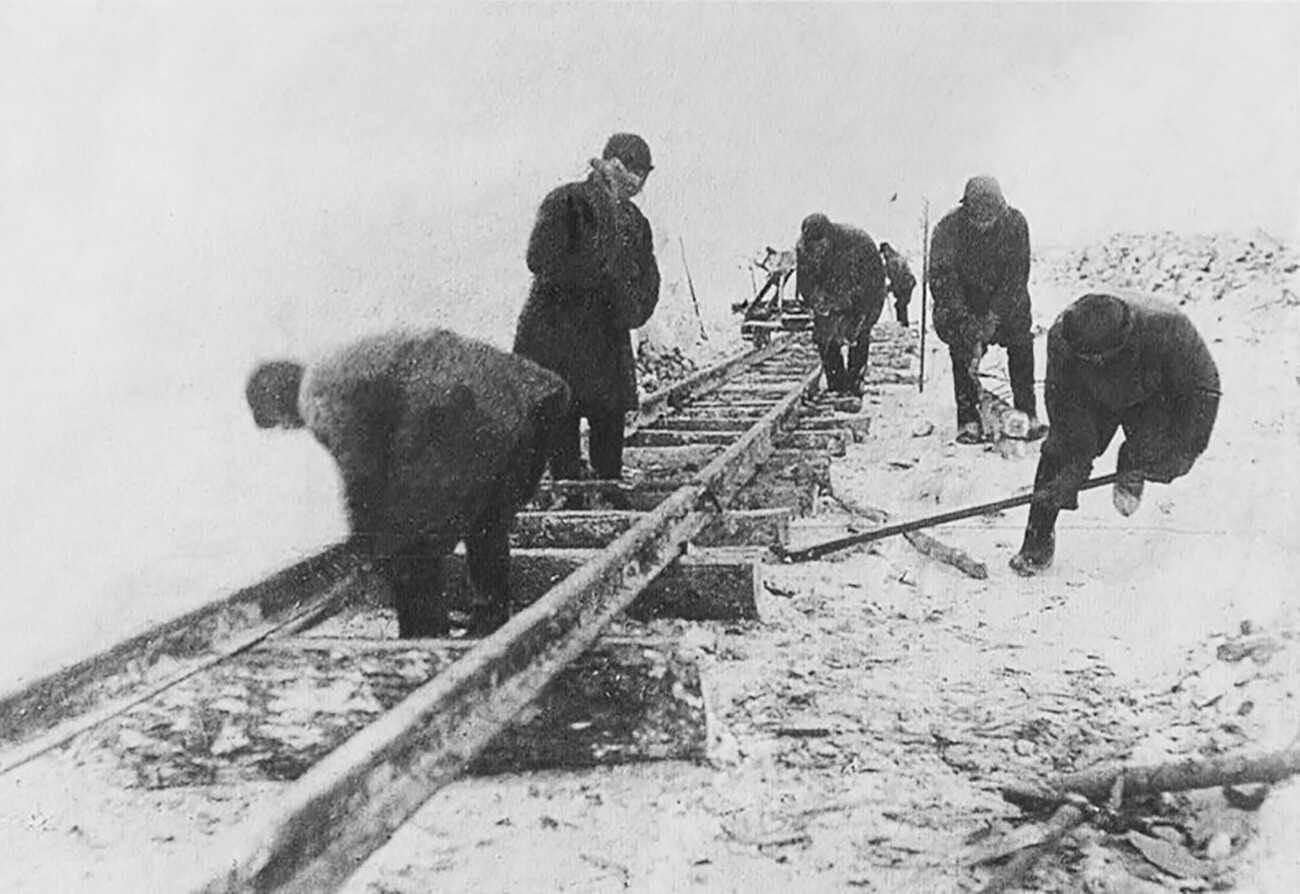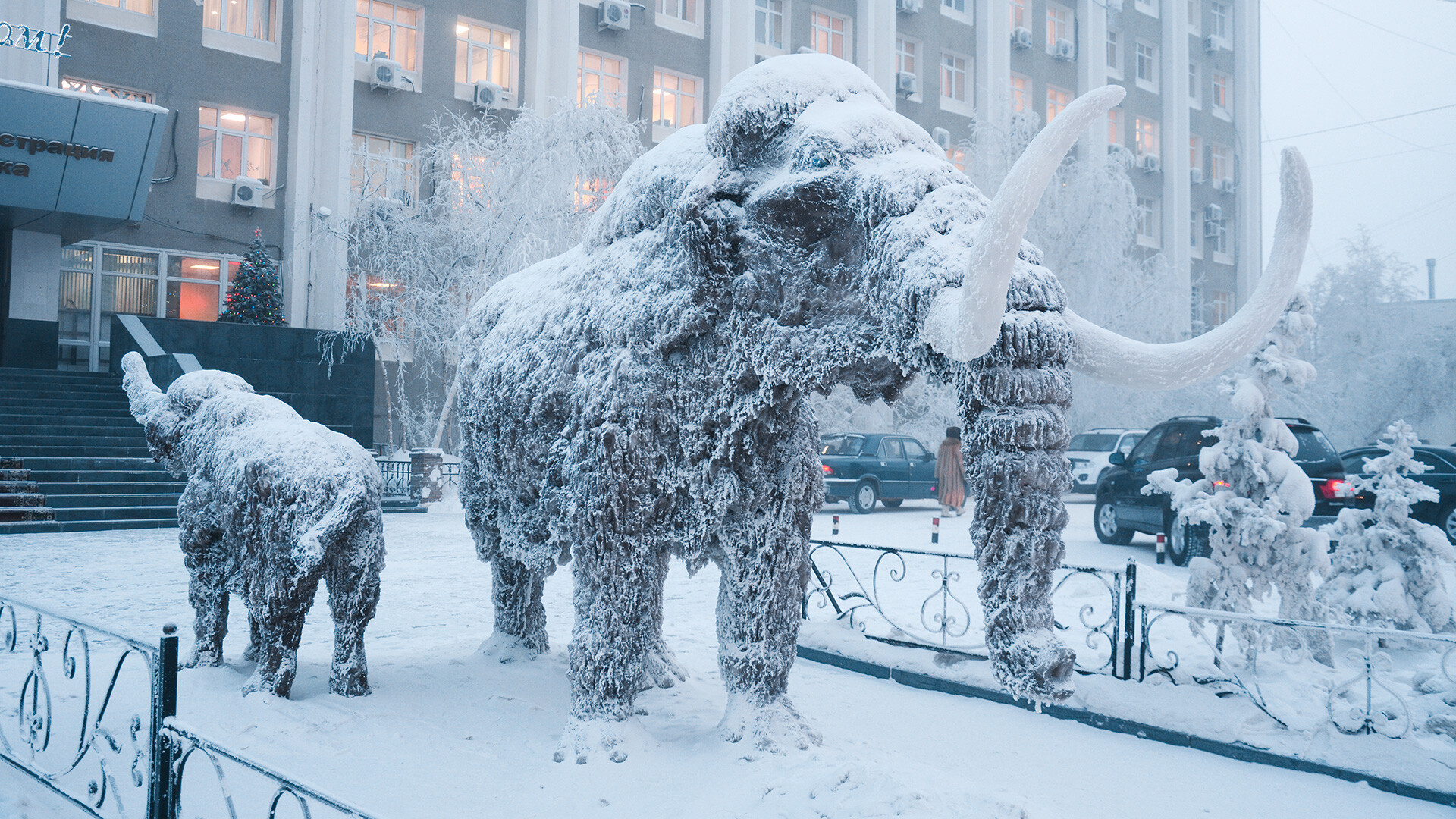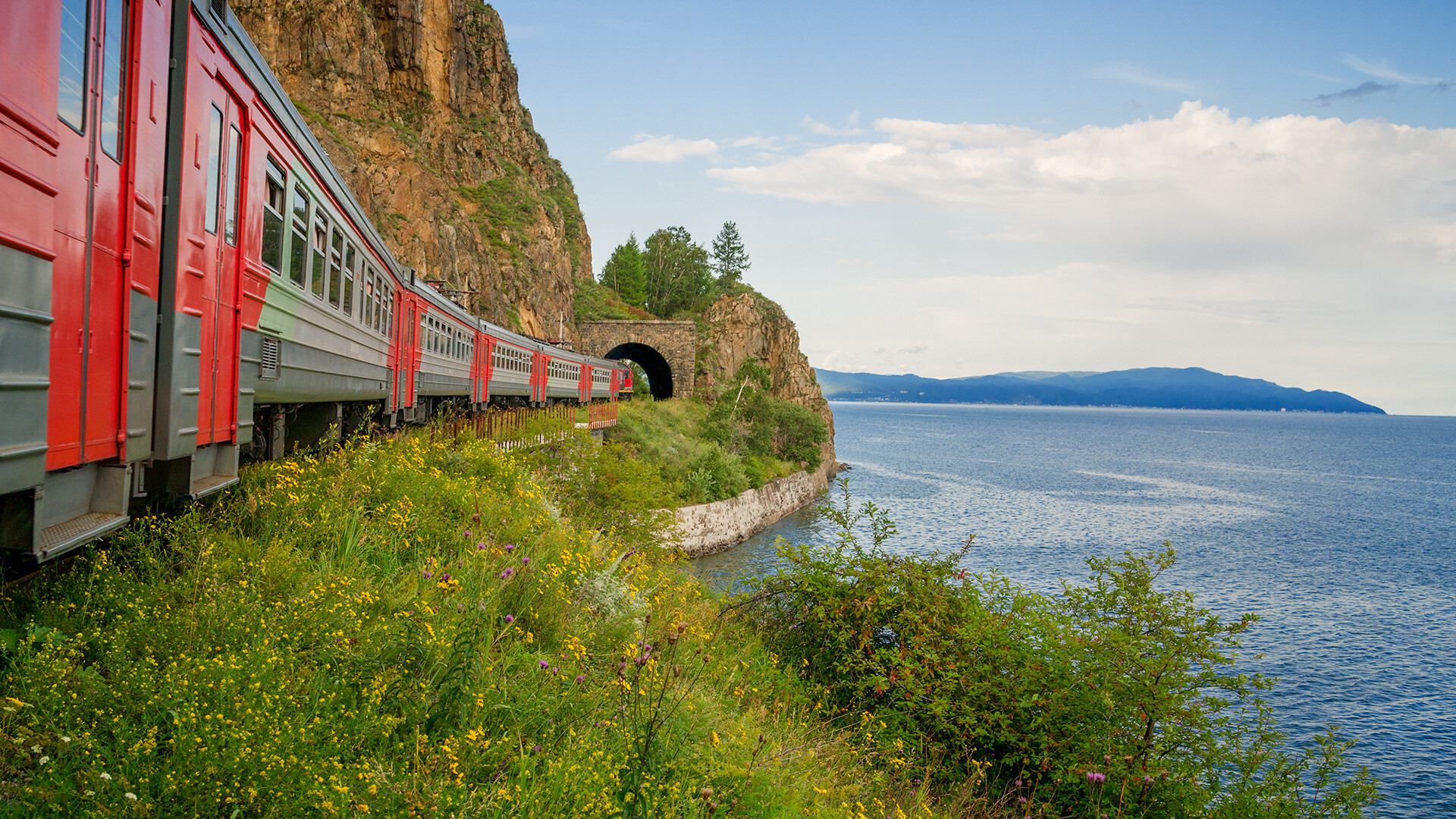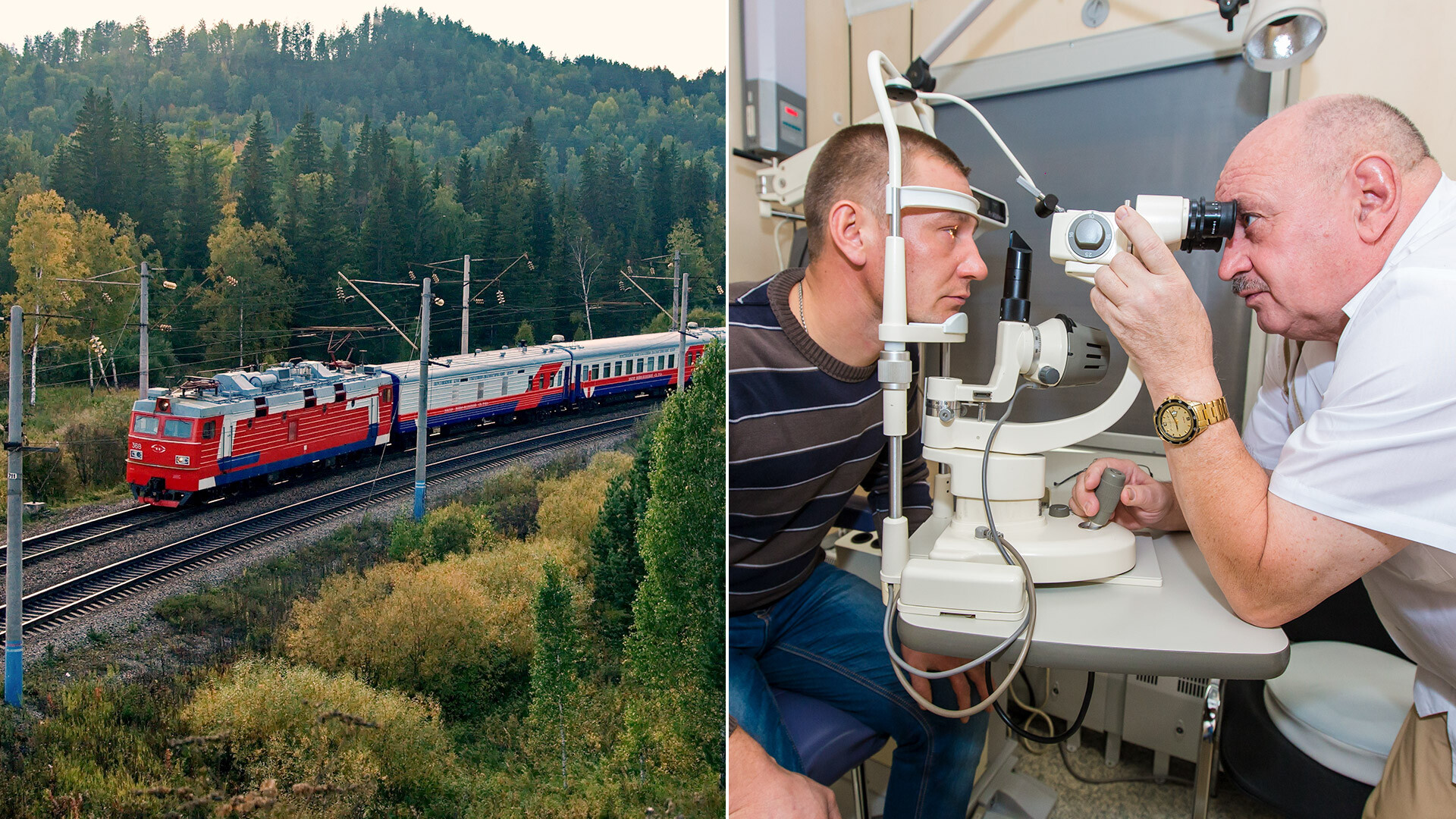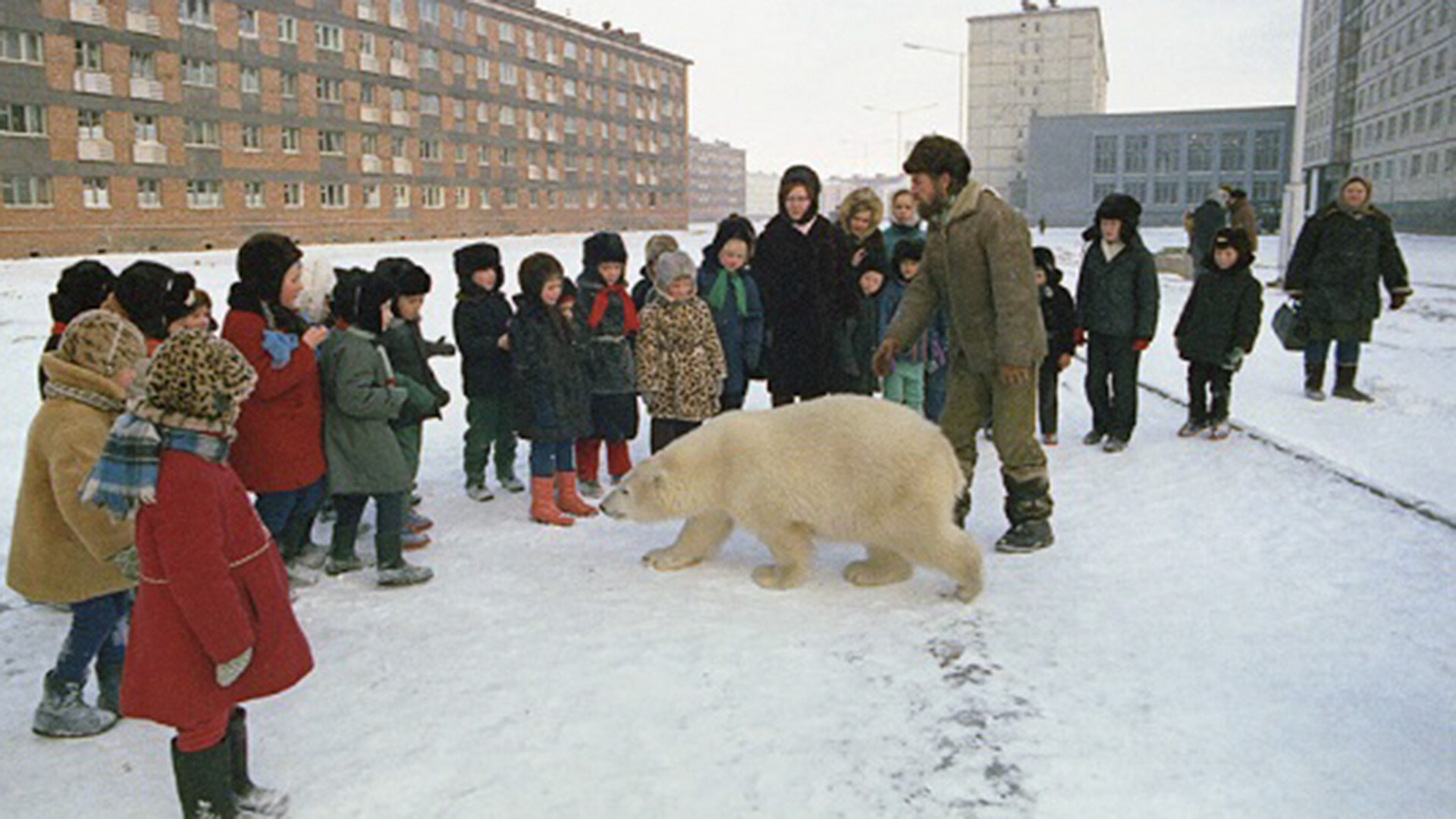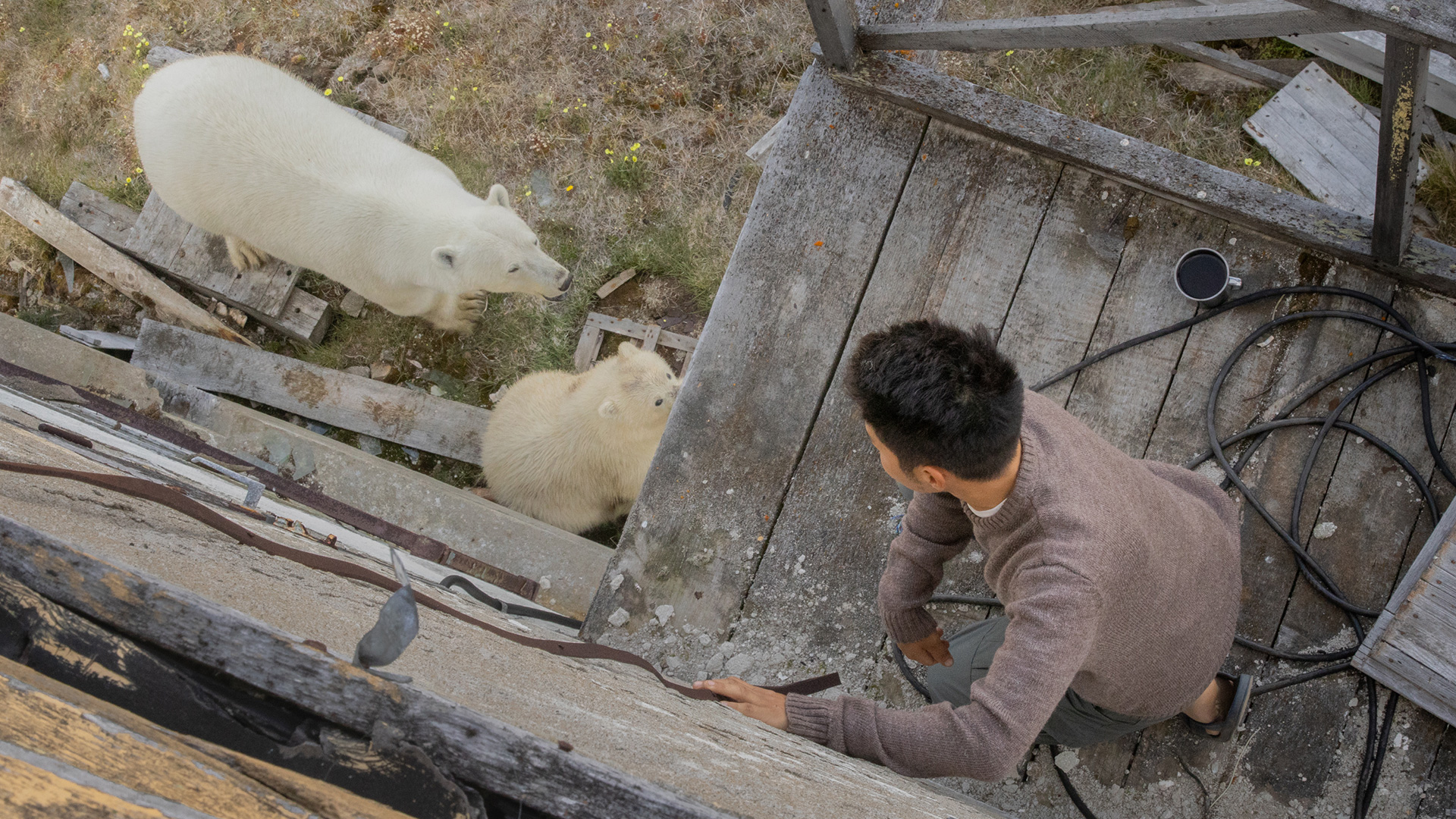
Stalin’s Transpolar Railroad, which he had no time to build
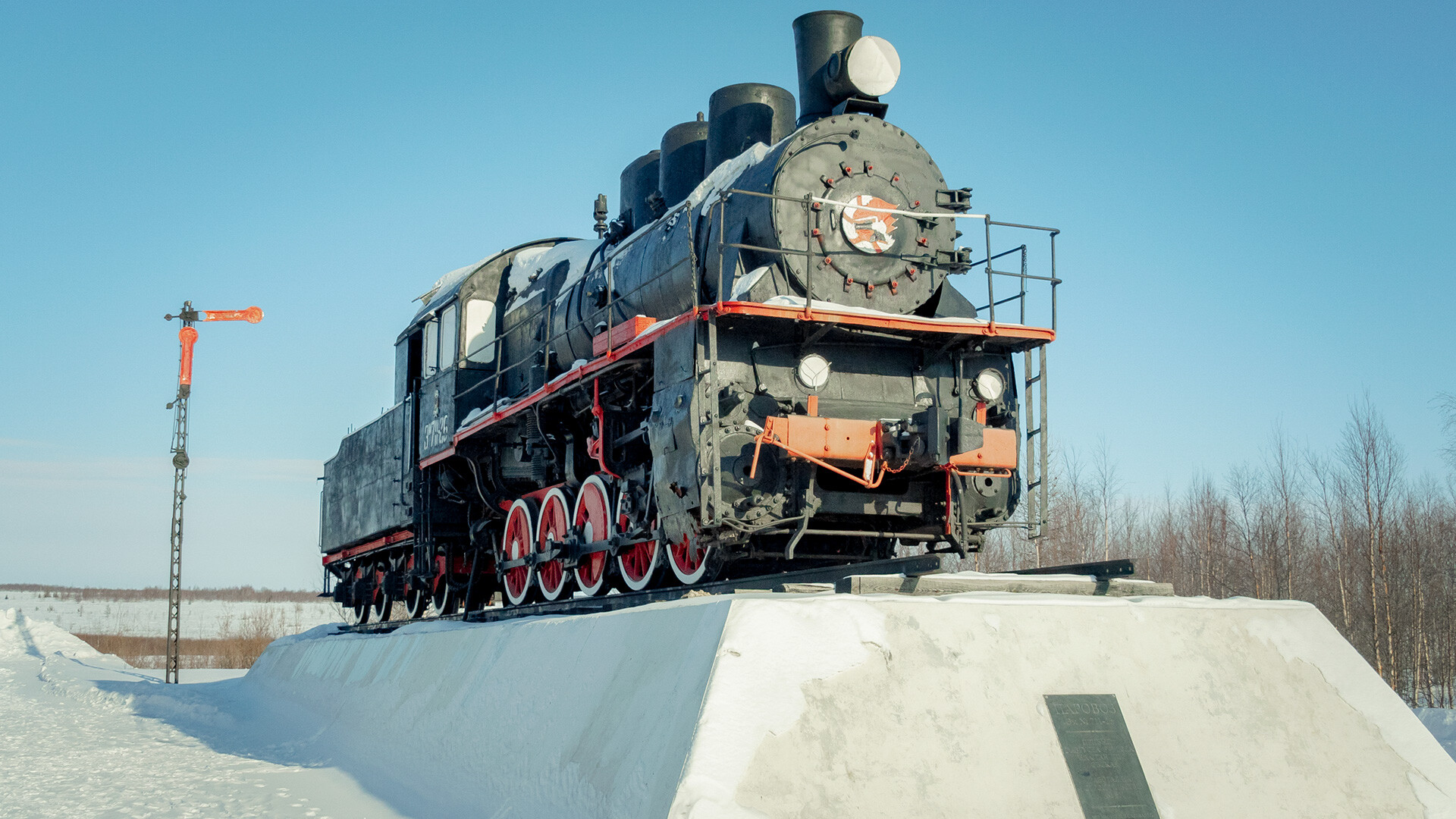
The Transpolar Mainline was one of Joseph Stalin’s last “big construction” projects. It was supposed to connect the cities of Chum, Salekhard, Nadym, Novy Urengoy and Igarka, which meant building a total of 1,300 km of tracks through virtually impassable forests, rivers and swamps.
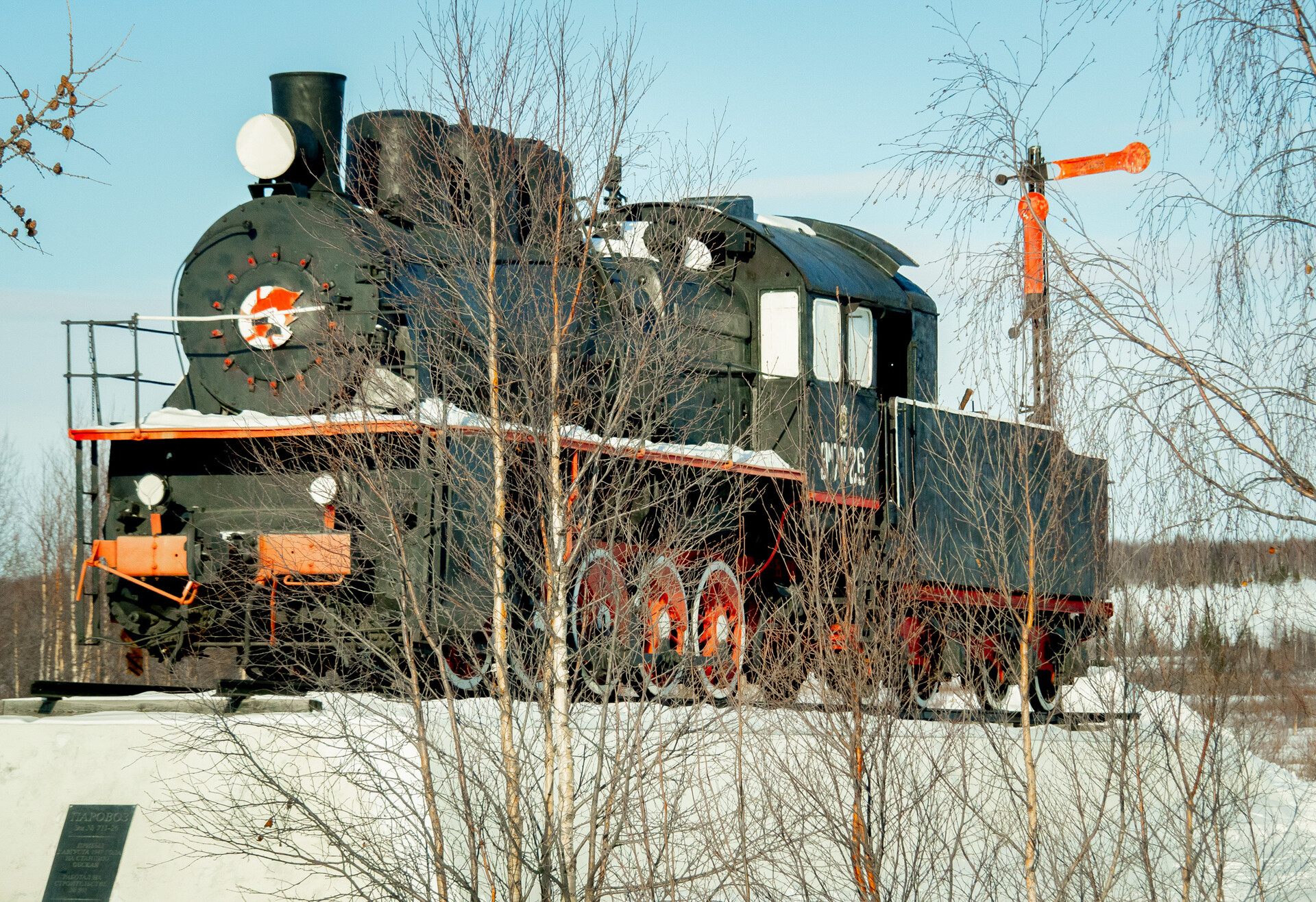
Its construction began in 1947, when some 80,000 Gulag prisoners were ordered to lay tracks beginning at both ends of the future line. The whole project was highly classified with the western section of the line coded as ‘No. 501’ and the eastern one as ‘No. 503’.
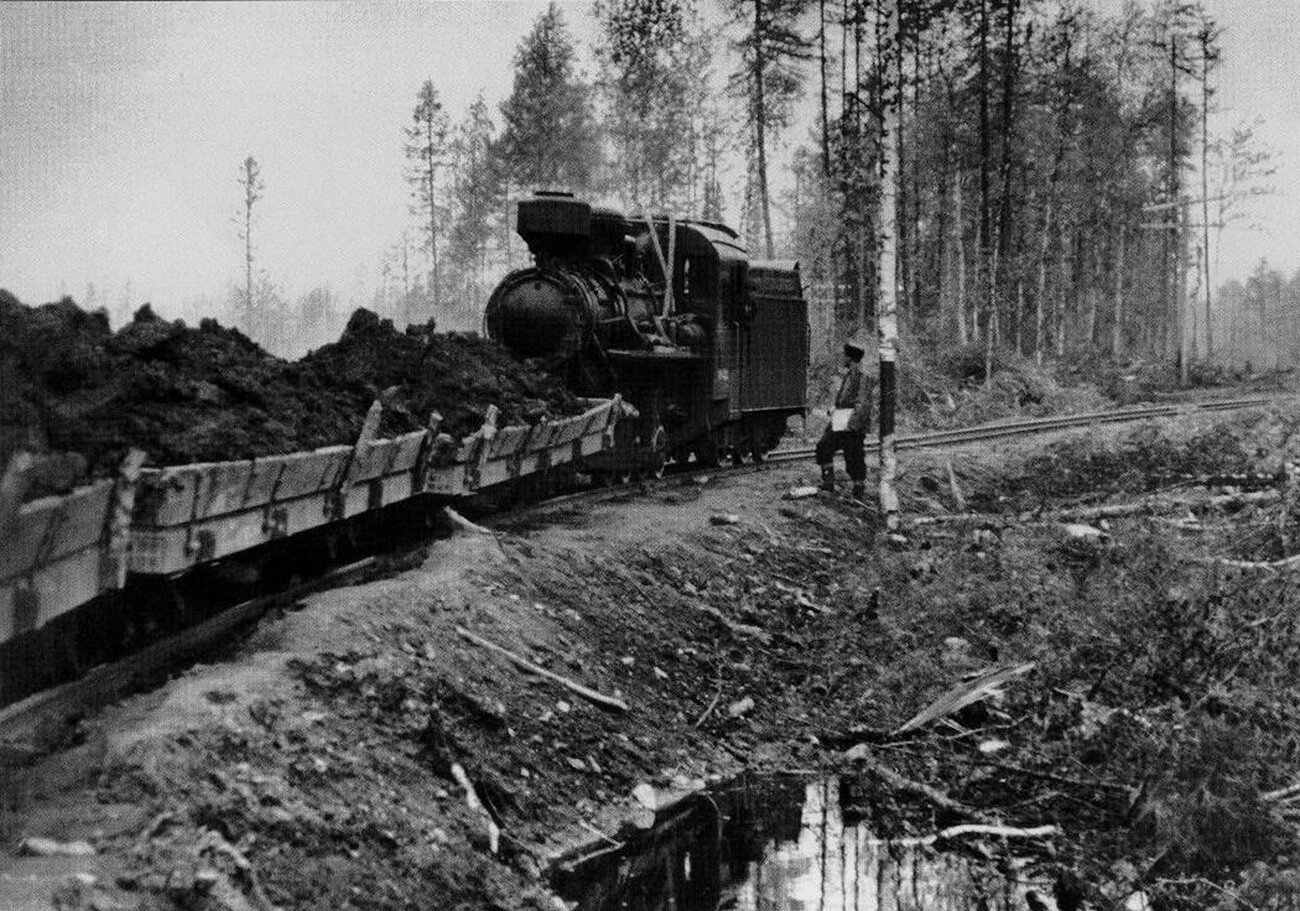
It was decided not to build railway bridges across the Ob and the Yenisei. The plan instead was that, in the summer, the rivers could be crossed by ferries and on ice in the winter.
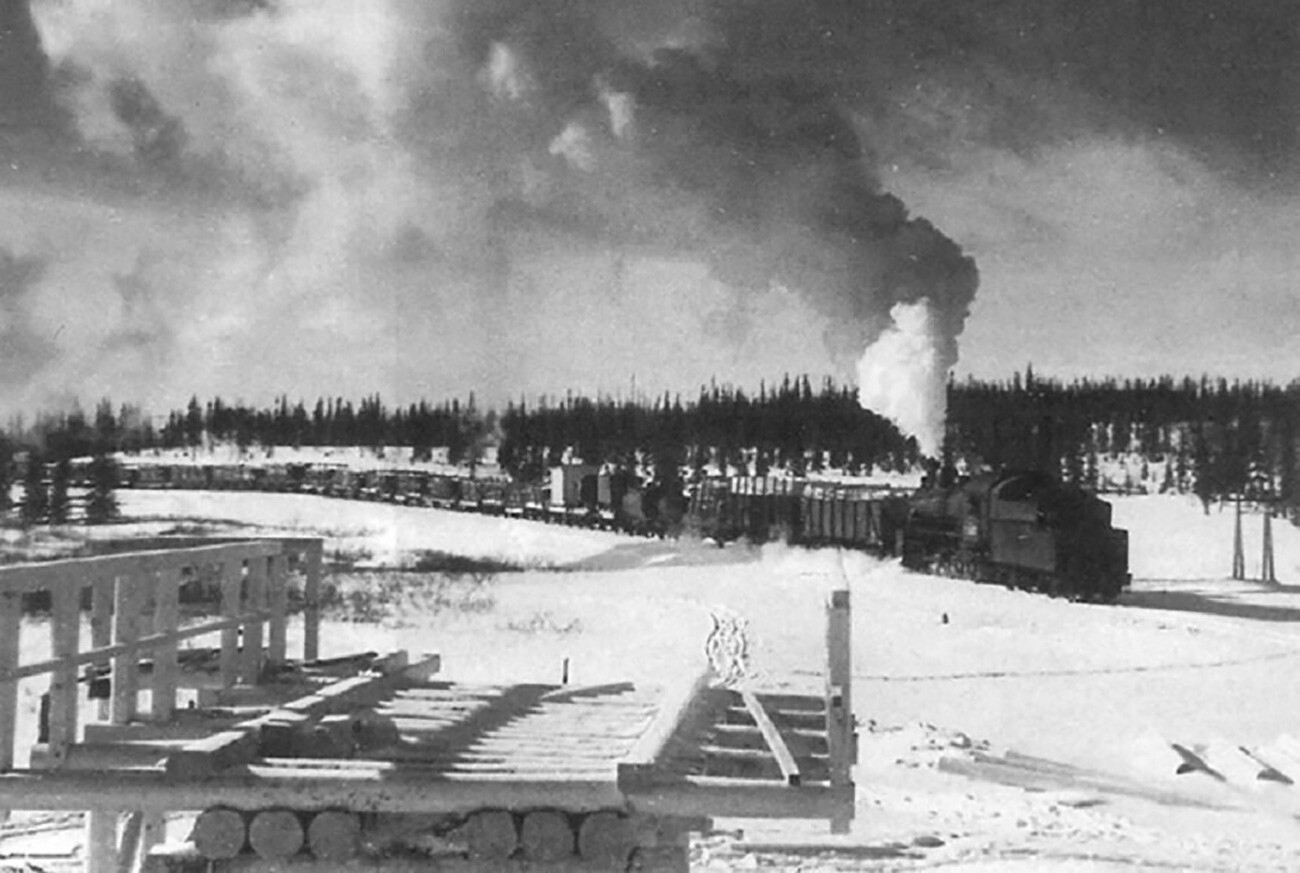
Construction continued for nearly six years. In this time, 700 km of the railway was completed, although the two sections were never connected. After Stalin’s death in 1953, construction came to a halt, the Gulags were closed and the tracks that had been built were promptly abandoned.
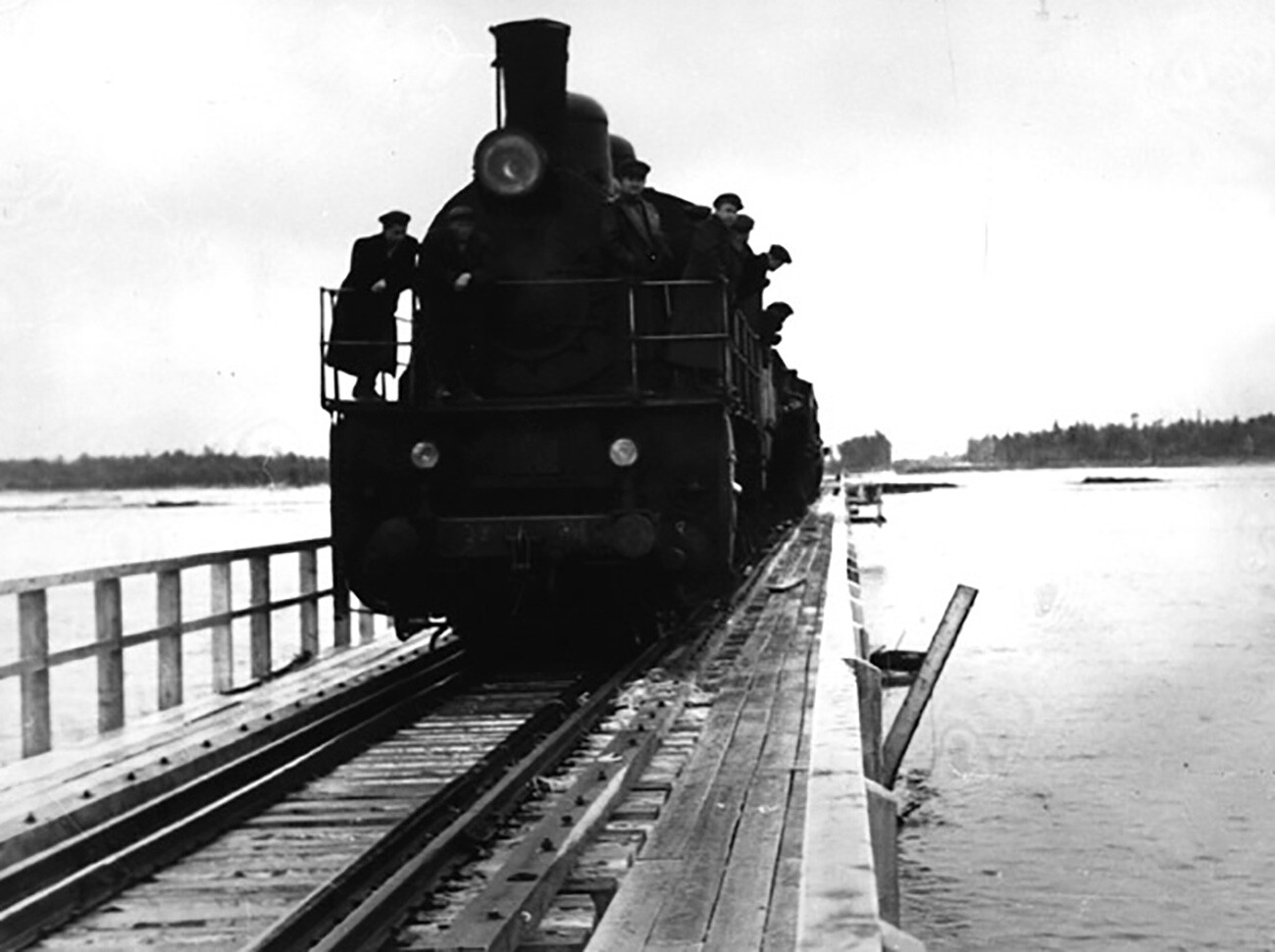
Nowadays, only one 200-km section of the original railway line between Chum and Labytnangi (a town on the other side of the Ob River from Salekhard) remains in operation, with trains from Moscow and Vorkuta making stops along it.
